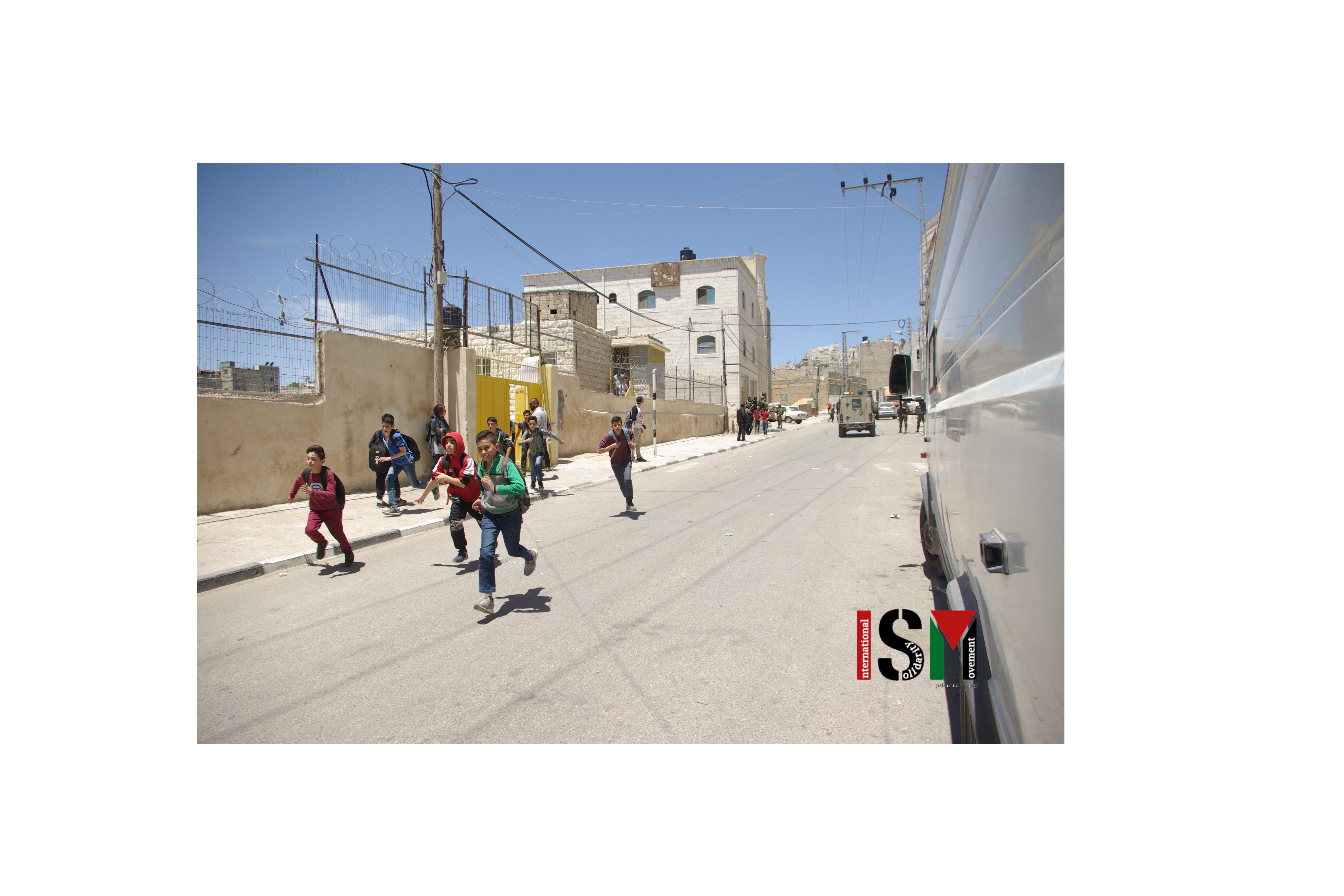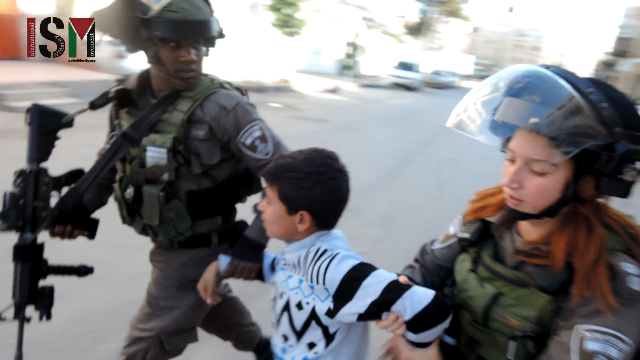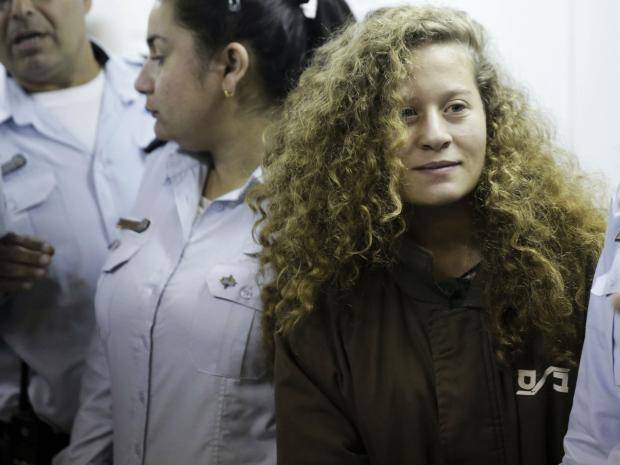Tag: Child Arrest
-

A personal account of detention, racism and broken rules
May 8, 2019 | International Solidarity Movement, Al-Khalil team | Al-Khalil (Hebron), occupied Palestine The neighborhood of Salaymeh next to Salaymeh checkpoint (160) has been the center of tensions between Palestinians and the Israelis in the city of Al-Khalil (Hebron). This checkpoint cuts off an already poor and struggling neighborhood from the rest of the…
-

Child Abductions by Israeli Forces in Hebron, 4-11 Dec 2018
15th December 2018 | International Solidarity Movement, Al-Khalil Team | Hebron, occupied Palestine 7 children were abducted on 3 different days in the Qeitun and Salaymeh neighbourhoods of al Khalil (Hebron) so far in December. ISM activists were present on these 3 occasions and this report contains video footage from all 3 incidents. Location: Qeitun…
-

Press Release Ahed Tamimi stands strong under Israeli interrogation
Press Release: Ahed Tamimi stands strong in interrogation, facing threats and harassment – defying the occupation! Video via Free The Tamimi’s
